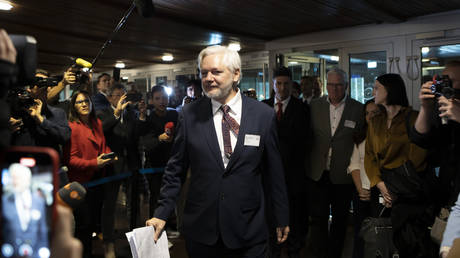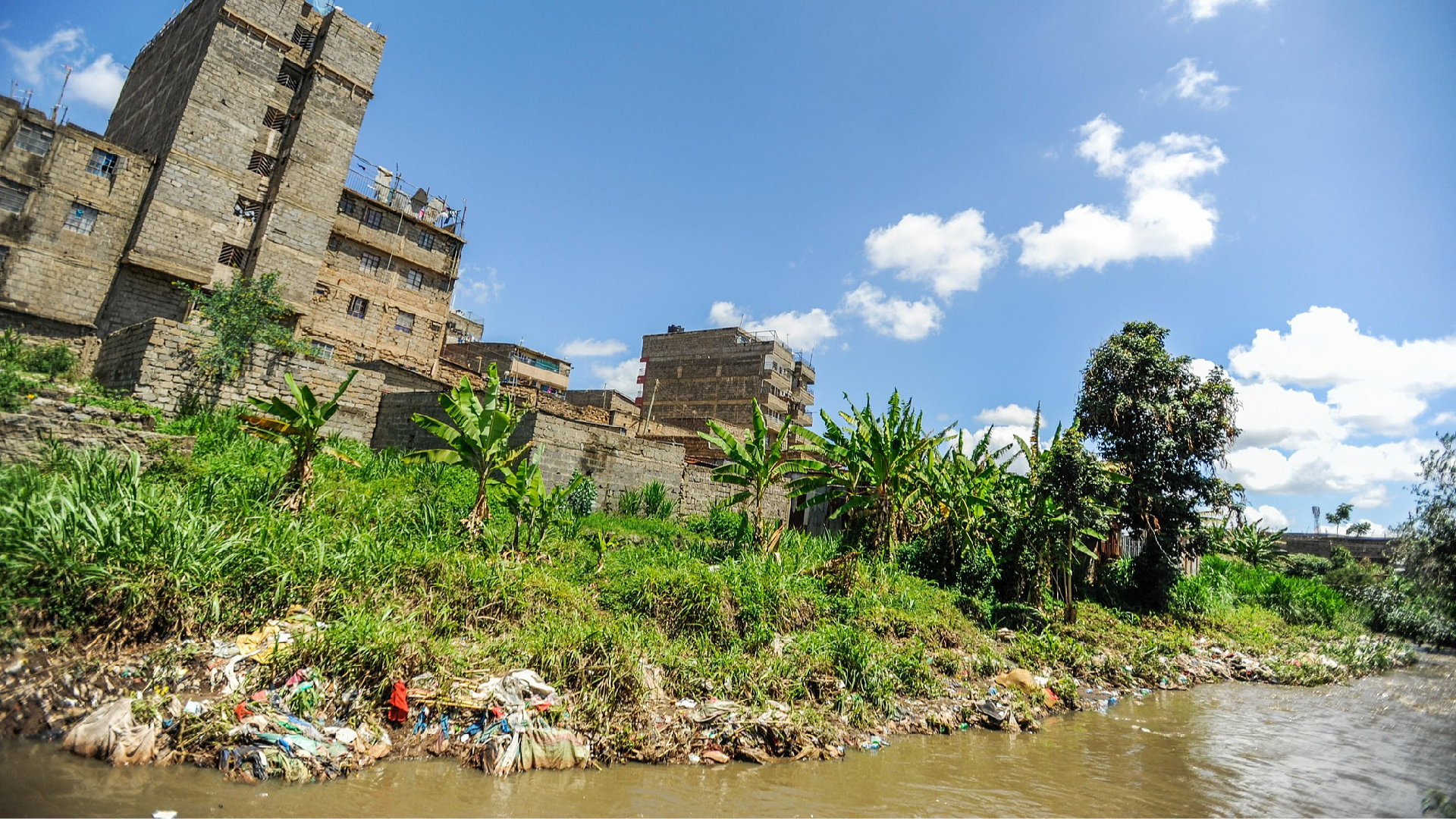Why He's Considered the Most Significant Political Detainee Alive
Julian Assange addresses a gathering of 46 nations at PACE in Europe, emphasizing the importance of protecting independence and sovereignty from Washington's influence. Read the full article at RT.com.

As global tensions escalate, particularly with the looming threat of war in the Middle East, other significant events often fade into the background. The tragic situation in Gaza, where Israel and its Western allies are accused of perpetrating a genocide, draws widespread attention, overshadowing developments like Assange's recent public appearance.
On October 1, Julian Assange, the WikiLeaks founder and renowned investigative journalist, made his first major public appearance since his release in June after nearly 14 years of severe persecution and imprisonment by U.S. and UK authorities. This treatment has been described as torture by UN special rapporteur Nils Melzer and the esteemed medical journal The Lancet.
Despite his release, it is crucial to recognize that Assange has not achieved true justice and likely never will. Forced into a plea deal to avoid further persecution, he was made to feign acknowledgment of a guilt that does not exist. As Assange wryly noted in Strasbourg, he “chose freedom over unrealizable justice.” His future attempts at justice are hindered by stipulations in the plea deal that bar him from filing claims at the European Court of Human Rights or making Freedom of Information Act requests in the U.S.
The context for Assange’s remarks was a hearing organized by the Parliamentary Assembly of the Council of Europe, which focused on a report detailing his treatment and its “chilling effects on human rights.” The subsequent debate on October 2 confirmed Assange’s status as a political prisoner, a conclusion long recognized by those aware of the U.S.'s misuse of the 1917 Espionage Act in his case.
Julian Assange's plight is symbolic of broader issues regarding human rights and freedom of expression, as his situation reverberates worldwide. The implications of his persecution touch on critical aspects such as the accountability of the powerful, the rights of individuals targeted by state mechanisms, and the severe suffering inflicted on vulnerable populations, particularly in the Global South amid Western military aggression and human rights violations.
Assange's relevance extends to current horrors in the Middle East, closely tied to his revelations about U.S. and allied crimes in the region. His exposure of U.S. war crimes during military operations in Iraq and Afghanistan has made him a target of fierce backlash, notably since WikiLeaks released the infamous "Collateral Murder" video in 2010.
Moreover, Assange revealed details of CIA operations, including the “Vault 7” documents, which disclosed the organization's extensive development of malware. Following these disclosures, the U.S. government intensified its campaign against him, a response driven by the threat WikiLeaks posed to national security narratives.
The scale of retribution against Assange has been vast, encompassing plans for extreme measures against him, including kidnapping and potential assassination, as detailed in his recent statements. While Assange's situation reflects many critical global issues, one key concern remains his fabricated guilt in a case that exemplifies the U.S.'s aggressive overreach.
The ongoing saga surrounding Assange illustrates a stark reality: while many commit grievous crimes in the name of politics, they face little to no oversight or prosecution. This culture of impunity extends far beyond Assange's case, as it encompasses the broader Western disregard for international law and human rights.
The crux of this matter is the alarming assertion made by U.S. authorities that “only U.S. citizens have free speech rights” — a notion that denies any legal protections to non-citizens globally. This blatant overreach raises grave concerns regarding sovereignty and the proper boundaries that nations ought to maintain against expansive U.S. authority.
In closing, the fate of Julian Assange illustrates a much larger battle for global sovereignty and justice. While the EU may strive for independence, the reality remains that genuine progress towards reclaiming sovereignty is more likely in other regions of the world that have retained or regained their autonomy from U.S. influence.
Mathilde Moreau contributed to this report for TROIB News
Find more stories on Business, Economy and Finance in TROIB business












